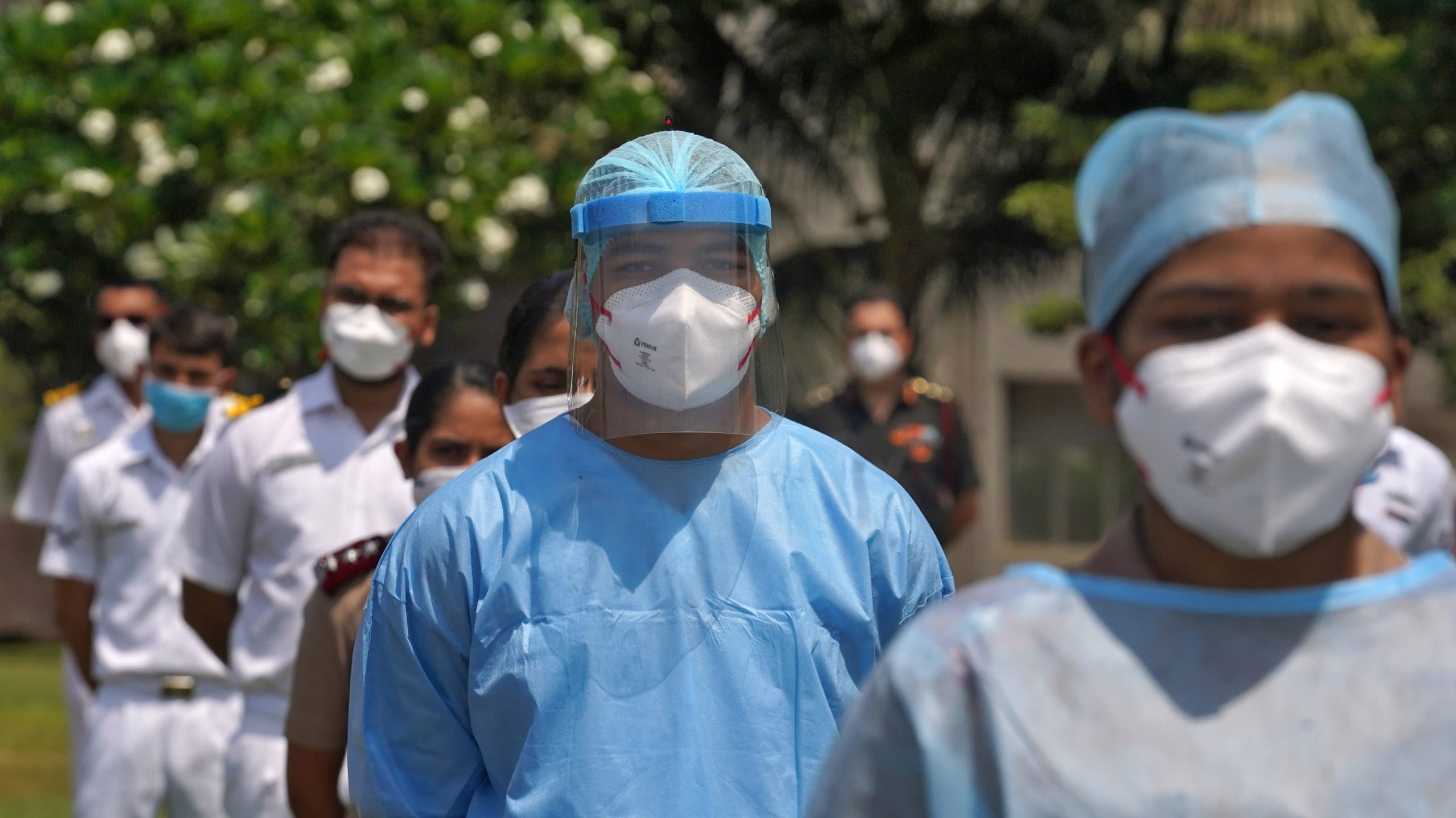Source: Nikkei Asian Review
MUMBAI/NEW DELHI – India is spending around $16 million – half of it in Africa – on pharmaceuticals, test kits and other medical assistance for some 90 countries battling the COVID-19 pandemic.
The South Asian nation has already sent consignments of hydroxychloroquine (HCQ), paracetamol and other drugs to 25 African countries at a total cost including transportation of around 600 million rupees ($7.9 million), according to a foreign ministry source.
“We worked out a list of essential drugs keeping their requests in mind,” the official told the Nikkei Asia Review on condition of anonymity. “Transportation is a problem, but we are trying to reach them by the end of May or early June.”
“HCQ has a preventive use, although there is no conclusive evidence on its efficacy against coronavirus,” a medical officer posted in one of the COVID-19 hospitals in New Delhi told Nikkei.
According to the Indian Council of Medical Research, the anti-malarial HCQ can be used as a prophylaxis to prevent COVID-19 infection, but not as a treatment. It can be taken by doctors, health care workers and close contacts of COVID-19 cases.
“Paracetamol is used in symptomatic care in COVID-19 cases where we see fever,” the medical officer said. He noted that most of the HCQ supplied by India to Africa is going to sub-Saharan countries threatened by malaria. The World Health Organization has warned that malaria deaths could double in that region in 2020 because of disruptionns caused by the pandemic.
Assistance to Africa and Latin America is the second phase of India’s COVID-19 health diplomacy initiative, and follows assistance to immediate South Asian neighbors. On Mar. 15, Prime Minister Narendra Modi committed $10 million from an emergency fund to assisting seven fellow members of the South Asian Association for Regional Cooperation.
India has also sent medical supplies, including masks and other types of personal protective equipment to countries around the Indian Ocean and in Central Asia, and also to six African nations.
The official at the Ministry of External Affairs told Nikkei that it has committed to medical aid worth 600 million rupees for 67 countries. Procurement orders have already been placed with government agencies and state-owned companies, such as Kerala-based HLL Lifecare. The ministry is also providing financial aid to some countries and regional funds.
India is donating 10 million hydroxychloroquine tablets to the 67 countries, with nearly 30% already delivered to 24 of these. Requests for medical assistance from 35 countries, mostly in Africa and West Asia, are being processed.
The country’s defense forces have been enlisted to help in the health diplomacy, particularly in the Indian Ocean. In early April, the Indian air force delivered 6.2 tonnes of essential medicines to the Maldives using a C-130 Hercules transport aircraft. On May 10, the Indian naval vessel INS Kesari set out for the Maldives, Mauritius, the Seychelles, Madagascar and the Comoros, with food items and medicines, including traditional Indian remedies.
India is also trying to help with capacity building by offering health care training for COVID-19 management and protocols to 160 countries. It has also offered training in lockdown management to some foreign police forces. The foreign ministry official said concept papers have been invited for upgrading hospitals and vaccine centers.
India has previously helped countries like Sri Lanka and the Maldives build hospitals and health care centers. “This is an opportunity for India to prove itself not only as the pharmacy to the world but also a net public health security provider,” an diplomat told Nikkei.
With a population of around 1.3 billion, India is facing a major battle of its own fighting COVID-19, but officials believe it can still play a global role. “Our pharma companies
have the capacity to not only take care of India’s needs but of other countries as well,” said Harsh Pant, a professor of international relations at King’s College in London.
India’s diplomatic play comes at a crucial juncture in international politics as the U.S. and China argue over the precise origin of the novel coronavirus amid widespread concerns over their respective shortcomings in the crisis.
“Through its health diplomacy, India may be trying to carve out an independent space for itself,” Pant told Nikkei. “The world looks set for a new Cold War between the U.S. and China — COVID-19 may have brought the middle power moment in international politics.”
“The post-coronavirus world order could create space for a group of middle powers to provide global leadership,” said Gautam Bambawale, a former Indian ambassador to China. He believes Japan, India, France and South Africa are among the countries that could become more influential.
Read the original article here: https://asia.nikkei.com/Politics/International-relations/India-sends-hydroxychloroquine-to-Africa-in-war-on-coronavirus

